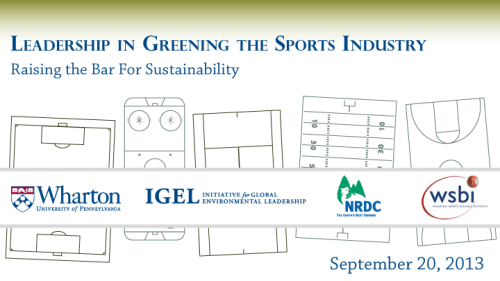By Gary Survis*
It was only a matter of minutes after the discovery of the missing Malaysian Airlines flight MH370 that questions began to be asked about the data. How could a Boeing 777 jet airliner disappear without a digital trace? What about the data the airplane collected? What about the tracking data? The transponders? How about the satellite “pings”? What can the cell phones’ GPS’s tell us? It was assumed that the quickest path to answering questions about the mysterious flight disappearance was to decipher the big data digital stream that the plane must have created. One response was a “crowd sourced” effort to use big data to locate the plane. People believed that in this age of data omnipresence that leveraging data to solve the mystery was the obvious next step. Some of the same people who feared the NSA’s intrusions and monitoring, were hoping that data held the answer to this enigmatic puzzle.
But, as the story began to unfold, it became apparent that whoever was perpetrating this “deliberate” act also understood the power of data. The slow discovery that the transponder and ACARS system (used to transmit maintenance data to the ground) were “turned off” showed a high level of sophistication and knowledge of the data a modern jet creates. In fact, during a typical 6 hour flight, an airplane will create between 250 and 500 Megabytes of data. Those responsible for taking action on this flight understood data, how it might be used to locate the plane, and the need to control it.
And so it seems that we are embarking on a journey to a new era where there will be an epic battle between those that will use data for good and those that will seek to control it for evil purposes. Today, when we talk of big data, we recognize that we are only in the early stages of this transformation. The internet of things promises even more data in the future from a multitude of industrial devices and sensors. Who controls this data and for what purpose will be one of the defining discussions of our age.
One area where there is hope for data being leveraged for good is in the area of sustainability. We face many seemingly intractable challenges to our future including feeding our population, evolving to respond to the reality of global climate change, and managing our finite resources in the face of unrestrained development and growth. The list of projects where big data is being used to attack these issues is encouraging. Space Time Insight is using geospatial visualization to help utilities deliver the smart grid and integrate more renewables into their mix. Google and the University of Maryland are partnering to develop satellite driven high resolution interactive maps that can track deforestation due to fire, logging, and other sources. Companies like Monsanto and DuPont are developing “prescriptive planting” technologies that gather and then feedback data to farmers on everything from planting depth, distance and farm machinery productivity.
And these are but a few of the many very promising uses of big data in sustainability. On March 27th, the Wharton School’s Initiative for Environmental Leadership (IGEL) will be hosting a conference to examine this topic entitled Sustainability in the Age of Big Data. Companies such as Shell, SAP, IBM, Dow, and others will be grappling with both the power and promise of big data in the sustainability space. The hope is that business will begin to harness the immense potential of big data to be used for good and begin to solve some of our society’s most pressing problems.
It is still early days in defining how we will use all of this data that we will be creating in virtually every aspect of our lives. At Syncsort, where I work, we are helping the Fortune 100 begin to discover how to employ this data in transforming their business. I remain optimistic that good will prevail over evil. But, I am also realistic. With open source technologies like Hadoop, massive open data projects, and increasingly inexpensive computing technology, it has never been easier for those that wish to use data for evil to have sophisticated tools previously available only to governments and the largest commercial enterprises. As with the Malaysian Airlines flight disappearance, people want data to be used for good, but it can also play a more sinister role. Let us hope that we truly understand data’s power and that good prevails over evil in this epic battle for the future of big data.
*Gary Survis is Chief Marketing Officer, Syncsort Data Integration, leading Syncsort’s global Big Data integration marketing team. Gary is a seasoned marketing executive with experience combining traditional and digital marketing tools to provide practical solutions to today’s marketing challenges. He is also currently a Lecturer at Wharton and a Senior Fellow at Wharton’s Initiative for Global Environmental Leadership.






 William McDonough at the Sustainable Brands Conference “From Revolution to Renaissance” in San Diego (Courtesy of Sustainable Brands)
William McDonough at the Sustainable Brands Conference “From Revolution to Renaissance” in San Diego (Courtesy of Sustainable Brands)

 Robert Stavins, Albert Pratt Professor of Business and Government, Harvard University. Courtesy of Stephanie Nam/Penn Law.
Robert Stavins, Albert Pratt Professor of Business and Government, Harvard University. Courtesy of Stephanie Nam/Penn Law.
